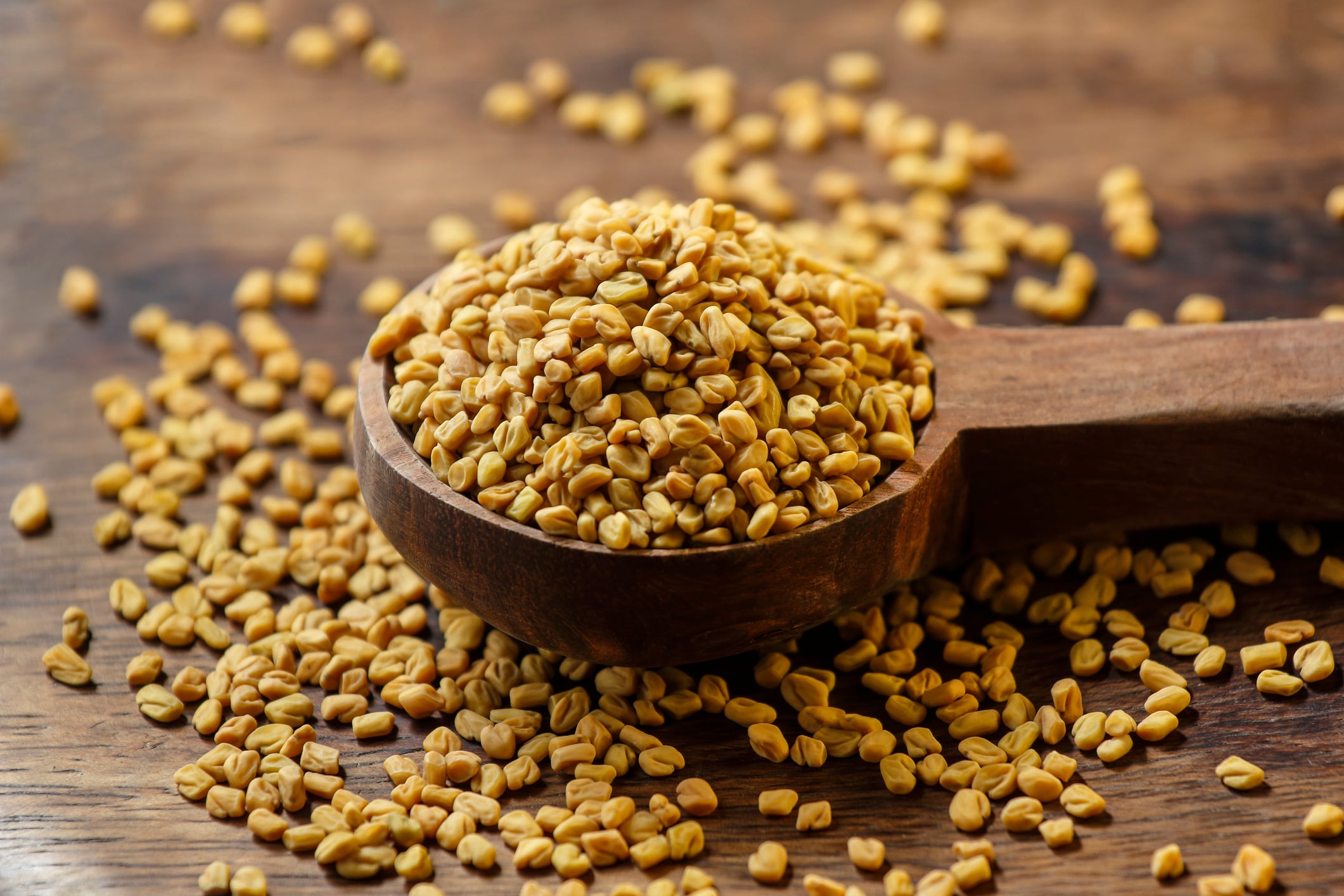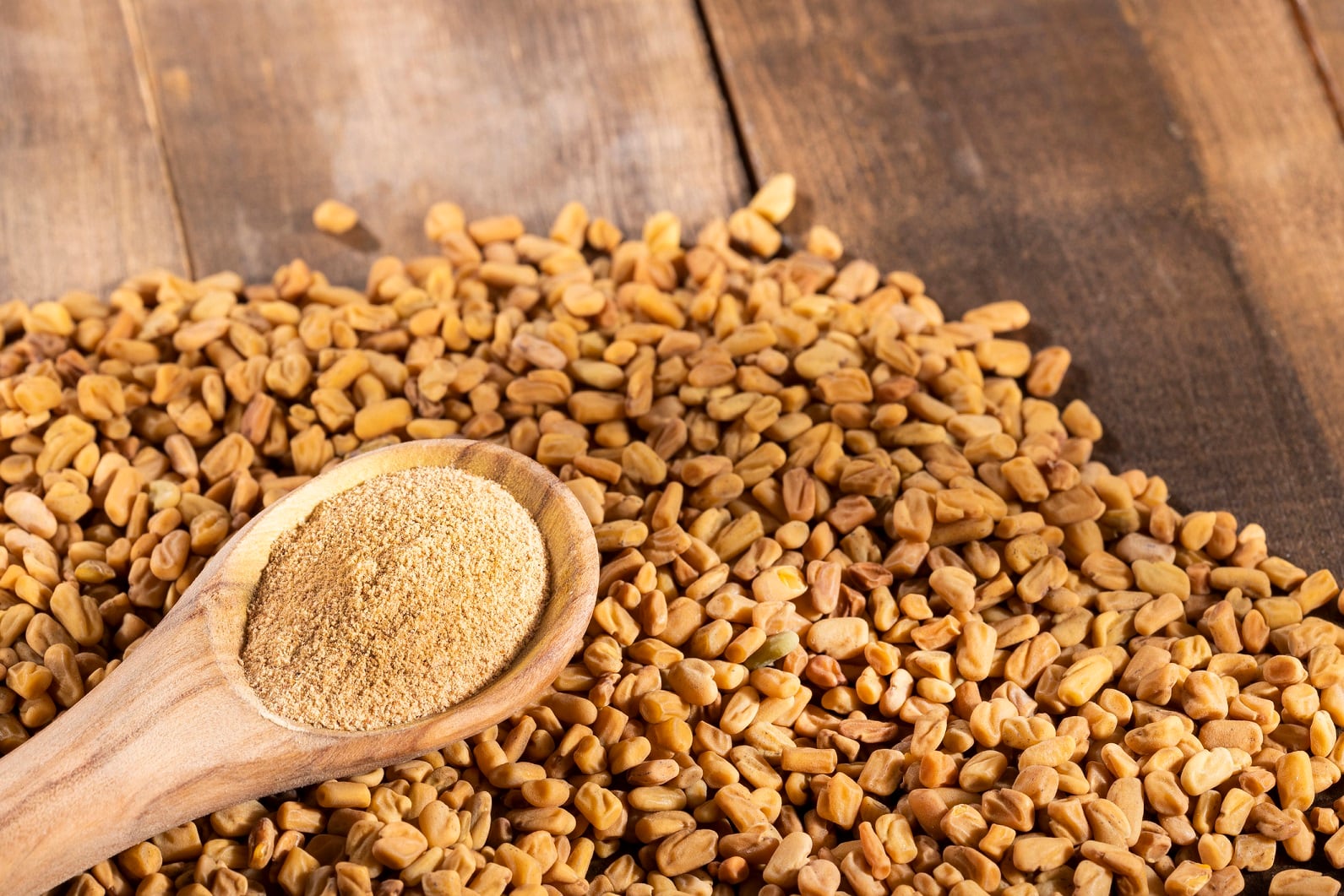A double-blinded placebo-controlled randomised clinical study on the patented organic fenugreek extract (FenuSMART, from Akay, India) found the extract may help to establish ‘hormonal balance’ and ameliorate sexual issues such as low libido by improving vaginal dryness, irritability and mood, without side effects. What's more, it offered significant (P < 0.05) beneficial effects to sexual problems (41.6%) and irritability (40%) among those who had higher sexual dysfunctions scores.
The reproductive cycle is regulated by the hormones of the hypothalamic-pituitary-gonadal (HPG) axis; mainly the estradiol, progesterone, testosterone, follicle stimulating hormone (FSH), and luteinizing hormone (LH).
The constant variations in the hormonal levels normally cause a number of physiological and psychological changes throughout a woman’s life – starting from puberty to postmenopausal period through the years of pregnancy and child birth.
Hormonal imbalance due to physiologic deterioration of hypothalamic-pituitary-ovarian axis function may lead to a variety of symptoms such as hot flushes, sweating, sleep disturbance, mood swings, depression, cognitive decline, vaginal dryness and sexual dysfunction, which can have a significant impact on quality of life.
Since the currently available medications and modalities like Hormone Replacement Therapy are associated with side effects, there is a great interest in safe and natural agents to establish ‘Hormonal balance’.
Fenugreek (Trigonella foenum-graecum) is a medicinal herb that has been shown to be useful against various physiological issues of women; or for the issues related to hormones.
Therefore, the current study aimed to test the influence of FenuSMART (FHE) on hormone balance and its safety in healthy young women.
The study
A total of 48 healthy menstruating women with regular menstrual cycles of 28–34 days and aged 20 to 48 years were enrolled for the study. Participants were randomised to two intervention arms to receive either FHE (n = 24) or placebo (n = 24) for 42 days at 250 mg× 2/day.
The primary outcome included the efficacy evaluation of supplementation of FHE on sexual problems and irritability as measured by menopause rating scale (MRS) questionnaire on day 0 and day 42. MRS is a health related quality of life monitoring scale developed to measure the severity of menopausal symptoms, including sexual problems and irritability. The questionnaire consists of 11 items, self-completed by the participants at baseline (day 0) and end of study (day 42).
The secondary outcome included the safety and influence of FHE on hormonal balance compared with placebo.
The study revealed a significant reduction in sexual problems (41.67%) and quality of life in the FHE group when compared to placebo, with a 40% decrease in irritability score. Interestingly, an enhancement within normal reference range was observed for estradiol (P = 0.04), total testosterones (P = 0.012), and free testosterone (P = 0.025) among those participants who had low baseline levels; with no significant enhancement in progesterone (P = 0.174) and FSH (P = 0.879).
However, the enhancement in estradiol and testosterone among participants with normal baseline levels were not significant (P > 0.05), indicating relatively weak estrogenic activity for FenuSMART. The researchers point out that phytoestrogens are generally shown to possess weak binding with receptors. So, under normal healthy conditions when there is enough natural estrogen in the body, the receptors available for binding with phytoestrogens will be limited. But, in the case of insufficient estrogen levels, phytoestrogens may bind to the receptors and support to ameliorate the symptoms associated with low estrogen levels.
Mechanism of action
FenuSMART is a hydro-ethanolic extract of fenugreek seeds containing protodioscin and trigonelline in a 3:1 ratio with around 10% of protodioscin along with the other bioactive molecules in Fenugreek seeds such as 4-hydroxyisoleucine, Diosgenin and Flavonoids.
The researchers suggest the hormonal balancing effect of the supplement can be mainly attributed to its protodioscin content, a furostanolic saponin molecule having a significant structural similarity with DHEA. Protodioscin can, in fact, be converted to DHEA, which further gets converted to testosterone and estradiol.
FenuSMART also contains Trigonelline, which can enhance estrogen levels and work on serotonin pathway. Estradiol and testosterone activate the Hypothalamic-Pituitary-Gonadal (HPG) axis by binding with estrogen receptors and the activation of HPG axis is necessary for fertility. A decrease in serum estrogen causes a decrease in clitoral intracavernosal, vaginal, and urethral blood flow, due to diffuse clitoral brosis, thinned vaginal epithelial layers, and decreased vaginal submucosal vasculature.
Reference: Clinical Phytoscience
Khanna. A., et al.
"Safety and influence of a novel extract of fenugreek on healthy young women: a randomized, double-blinded, placebo controlled study"
https://doi.org/10.1186/s40816-021-00296-y




